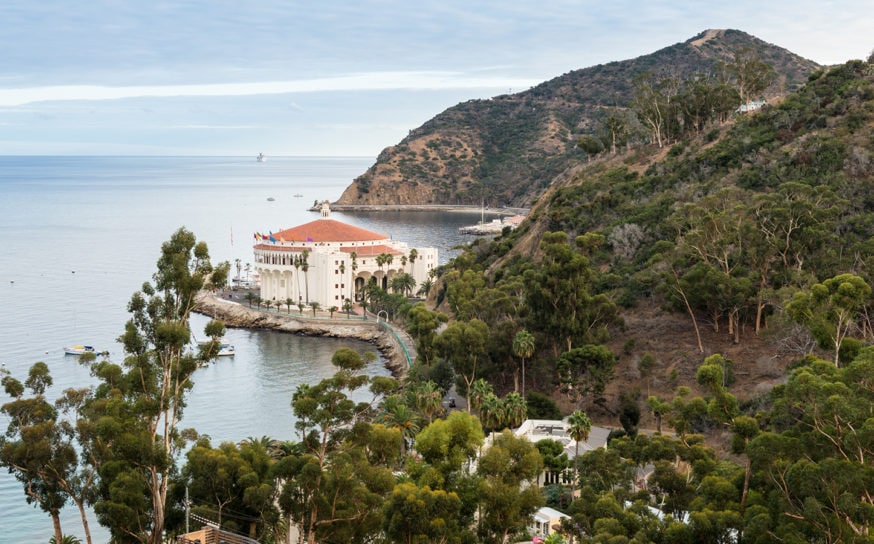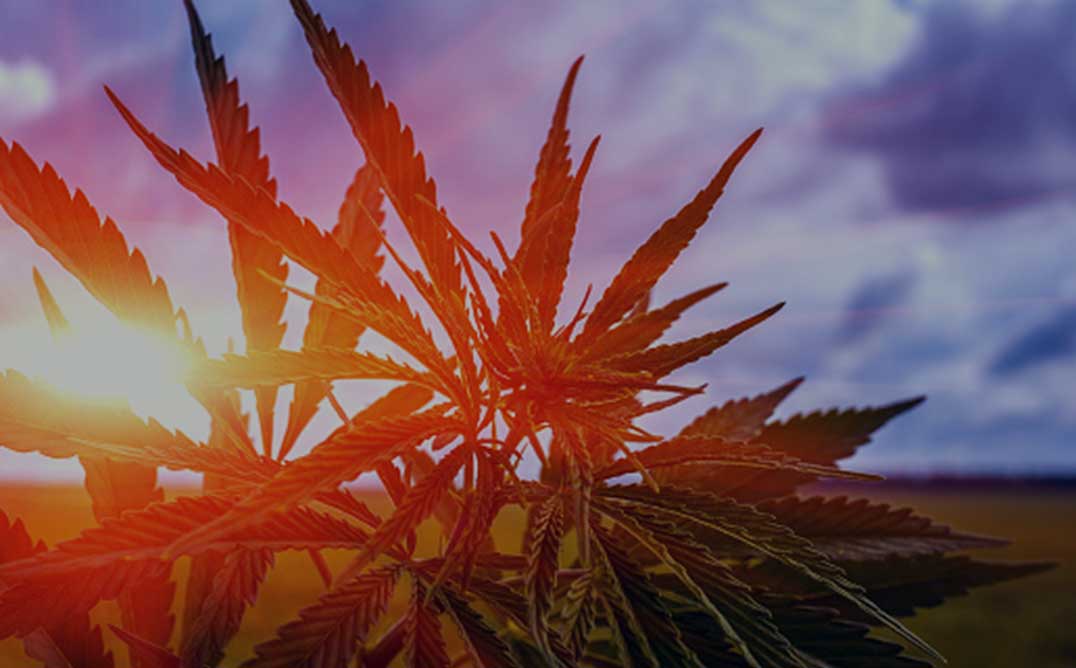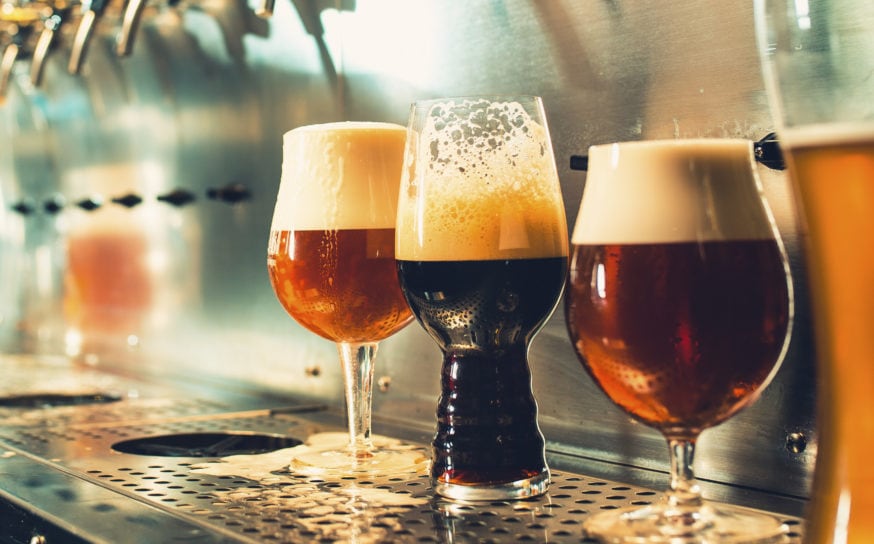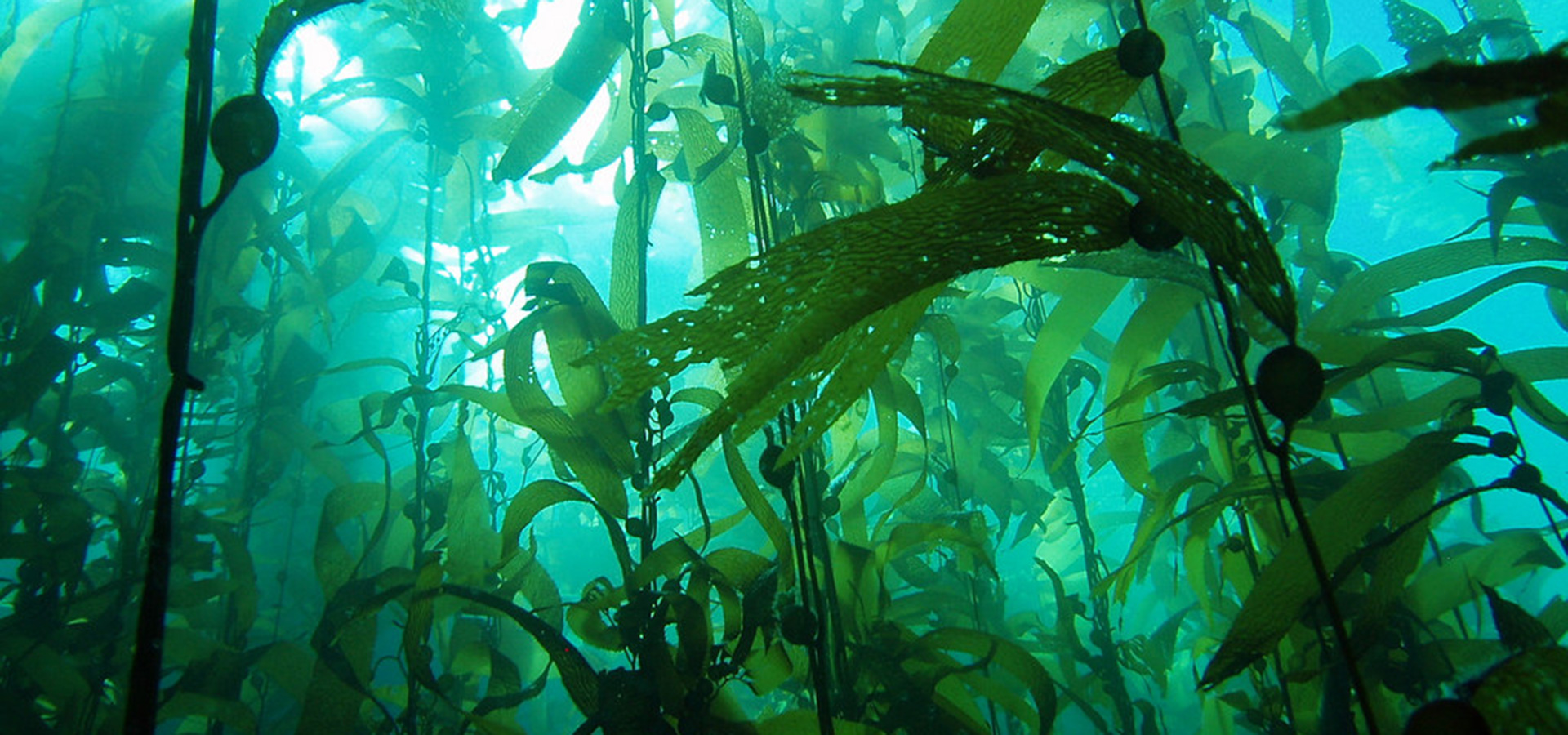
Why Catalina Island Could Be the Future Epicenter for Renewable Energy
Kelp is abundant, grows quickly and may be our next great energy source.
-
CategoryExperiences, Makers + Entrepreneurs
California’s push for renewable energy is nothing new. From solar panel installations to powerful wind turbines in the desert, we’re looking outside of fossil fuels to power our homes and businesses. Now scientists are looking to the sea for the next alternative energy source, right off the coast of Catalina.
The Pacific Coast is known for its vast kelp forests and a recent story on NPR highlighted recent efforts to cultivate that fast-growing plant into biofuel through a process called thermochemical liquefaction.
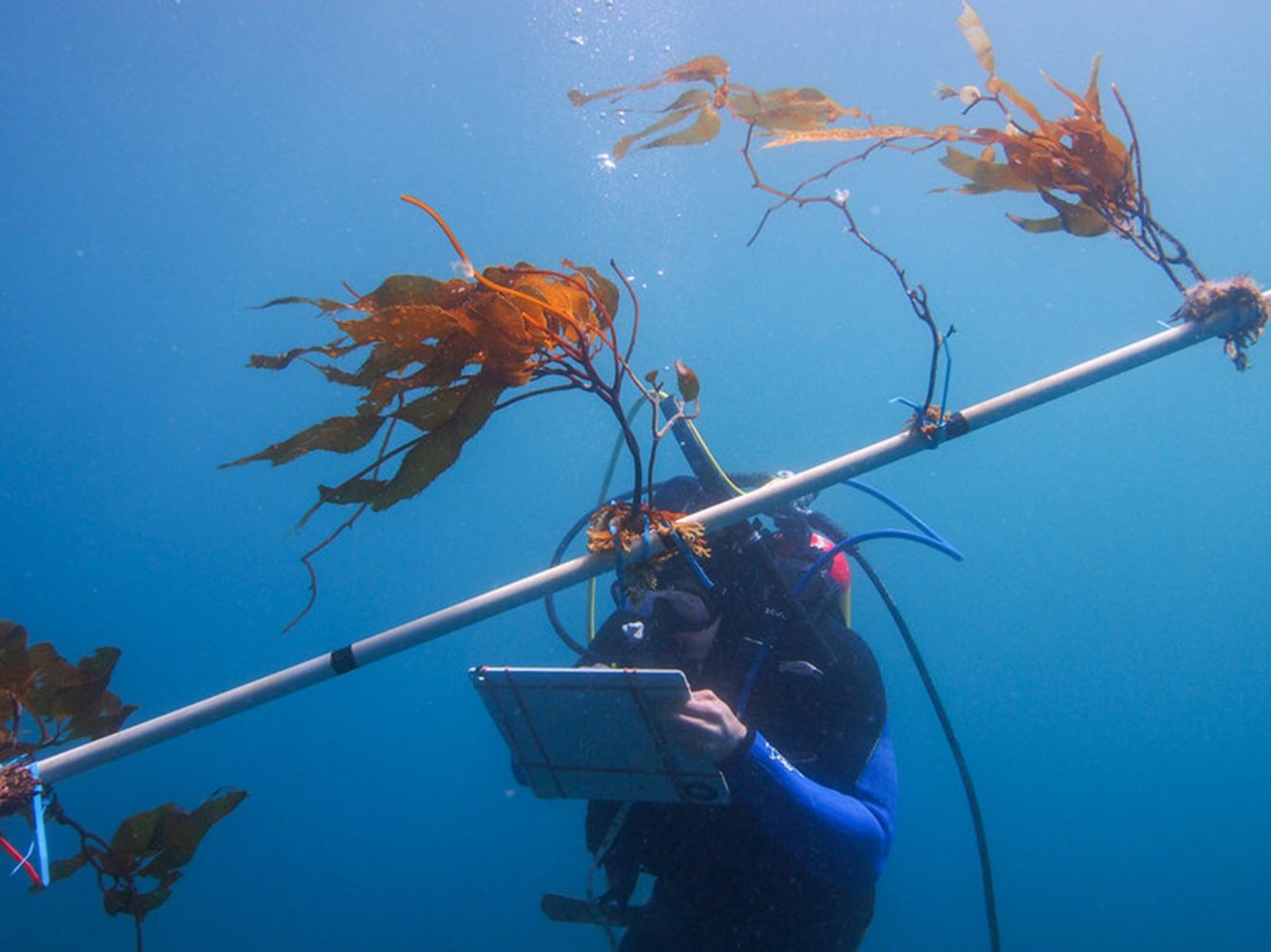
According to NPR, “The kelp is dried out, and the salt is washed away. Then it’s turned into bio-oil through a high-temperature, high-pressure conversion process.
“Some small companies are growing kelp as a substitute for kale in the U.S., but that’s exactly the problem—very, very few are doing it. Thus, the infrastructure and investment isn’t in place to make other products from kelp, like biofuel.
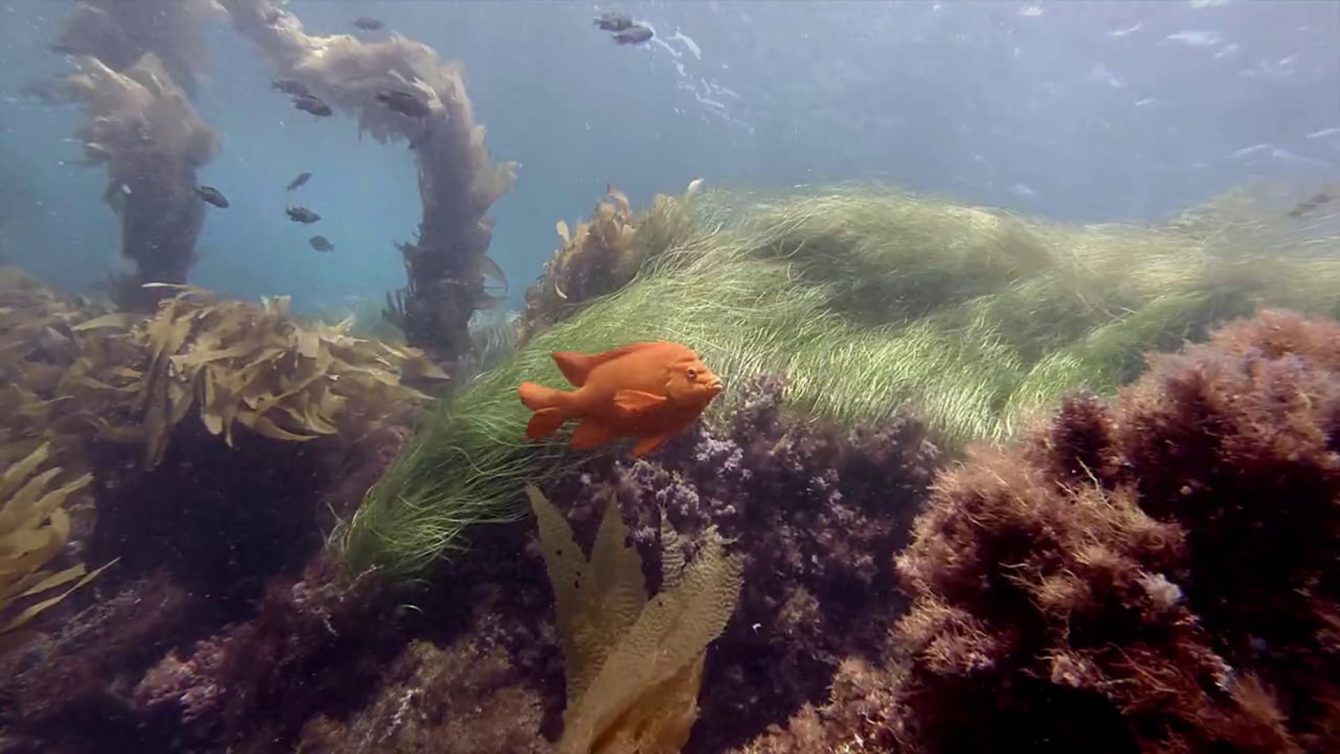
“’We’re testing out a concept that would enable large-scale, open-ocean farming,” says Diane Kim, one of the scientists running the kelp research project at the University of Southern California. “And what that would essentially do is grow enough kelp to make it economically feasible to make it cost competitive and maybe one day, provide a source of clean, sustainable, non-polluting source of energy to compete with fossil fuels.”
Read the full story here, and learn about the machine Kim and her colleagues are working on to help grow and farm kelp miles from shore.
Diving photo courtesy of David Ginsburg/Wrigley Institute
Why in the Hell Would California Take on Colombia?
It’s new, scant and expensive, but some growers think cultivating coffee could be the Golden State’s next great crop.
Anna Vogelzang Releases Self-Titled Single From Her Forthcoming Beacon
The new songs “have California in their blood,” says the singer/songwriter and new mother.
End of an Era for the Famed Avalon Theater at the Catalina Casino
It’s curtains for first-run films in the new year.




